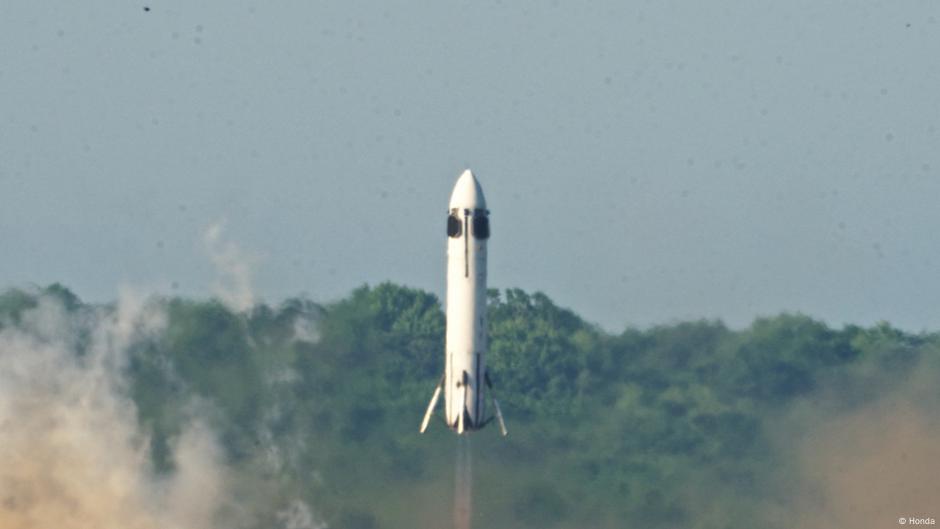Honda says growing expectations of a “data system in outer space” are going to increase the demand for rockets to launch satellites. So, the Japanese automaker quietly built one and tested it successfully.
Japan’s second-largest carmaker, Honda, has successfully tested an experimental reusable space rocket on the nothern Japanese island of Hokkaido, the company said in a surprise announcement.
“The test was completed successfully, the first time Honda landed a rocket after reaching an altitude of nearly 300 meters (1,000 feet),” the company said in a statement on Tuesday.
The carmaker aims to achieve suborbital space flight in 2029. In 2021, Honda said it was studying space technologies such as reusable rockets but made no announcements prior to Tuesday’s test



Here’s infograph from nasa website but things like scratch proof lenses, hand vacuums, jaws of life, LED lights, etc…
https://www.jpl.nasa.gov/infographics/20-inventions-we-wouldnt-have-without-space-travel/
My argument wasn’t against space exploration in general, but rather the democratization of space travel as a commodity; as in as in we have already democratized it so far that the trophy wifes of billionaires can travel to space. I’m unsure of scientific advances that has brought and rather think this made someone money
That’s how airplanes were at first too. Eventually, once enough of the technology and engineering becomes finalized, everyday people can afford it.
With this technology we can use methane or hydrogen powered rockets, using only renewable resources, launch people from one side of the planet to the other in less than an hour.
Is this a good thing for the environment? It’s hard to say right now, it’s probably not great. Since the flights will be so short, maybe it’ll be better than the current air travel.
My original point was also that you’d need a real benefit compared to the currently available options. We did have faster air travel for a time with the Concorde (which looked a lot more like a spaceship than other aircrafts). It went away because it had a lot of downsides for only the advantage of being faster. Don’t get me wrong, I would have loved to use it one day just to witness it; but in the end, it doesn’t really matter if your trip takes slightly less time; keep in mind that it usually doesn’t start and end at an airport anyways, and this problem would be even bigger for space travel. So it isn’t really something for traveling on Earth. Which brings me back to the question what it would do for a layperson…
Apart from that, you need to time your departure and arrival with conditions on Earth, so while technically you could shorten that time drastically, you’d probably need to wait some months before you can take the trip.